Are Apple and Google Screwing Over Self-Published Authors?
As the titans of the internet duke it out for as much profit as they can squeeze out from each other, those of us just trying to earn a living selling our books are getting caught in the crossfire. If you’ve seen a drop in your book sales, digging a little deeper may help you figure out if recent changes are affecting you and give you some ideas on how to combat it. Ultimately, though, the only real long-term solution may be for the big companies to finally realize that their current path hurts everyone, and it’s better to have a smaller percentage of something than a larger percentage of nothing.
Is Big Tech punishing small-time publishers with their exorbitant transaction percentage fees?
This June, Amazon quietly made a decision to remove the “Buy Now” button for books in the Amazon Android app – something they’d done on their Apple iOS app a couple of years ago. This now means that it’s impossible for users to purchase ebooks directly through the app. Instead, they have to navigate to the Amazon.com store in a web browser.
The explanation for this is logical, if frustrating. Amazon felt forced to remove the ‘buy now’ option because the Terms of Service for their app being available on the Apple or Android marketplace includes having to give Apple or Google a percentage of every transaction made through the app – in Apple’s case, a whopping 30%.
Just in case you missed the egregiousness of that part, let me repeat it: Every time anybody makes a purchase on the Amazon iOS app, Apple get 30% of it – and that includes on your $2.99 eBook, which means Apple demands almost a third of the purchase price.
Given the tight margins on most Amazon products – a company specifically created to offer a better deal on book prices bloated by traditional publishers – the idea of handing over 30% of gross revenue isn’t just unpleasant. It’s untenable. Amazon simply can’t stay in business if it abides by that agreement, so they eliminated the ability to purchase ebooks entirely from the app.
Now, this is bad for them. It’s bad for their customers. I also suspect it’s disastrous for those of us who make our living selling books on Amazon. I don’t have enough data to prove it, but I believe the removal of the Buy Now button from the Amazon app makes it much more difficult to get readers to buy our books, and therefore eliminates the effectiveness of a lot of our advertising. It’s a really deep blow to self-published authors, and I’m not sure any solution is currently in sight.
The Buying Process
The decision to remove the Buy Now button from the Amazon app hurts everybody who self-publishes on Amazon, because the very nature of what we sell – digital books – lends itself to the mobile experience.
In fact, over 66% of all my Reach last month was on a mobile device. Unfortunately, none of them can instantly buy my books if I advertise to them! If they click on any links on my Facebook Page or Instagram Account – including any advertising I do – the UX for their device will most likely open the Amazon app automatically, rather than take them to an Amazon.com page on their browser.
Even if it does, there’s a likelihood the user will have to log in before they can buy anything – something which now often involves codes being sent to your phone or your email address, rather than just remembering a simple password. In short, it’s made what used to be the easiest and most seamless buying experience on the Internet become a tedious hassle – and self-published authors are paying the price for it!
How Big is the Impact?
How much of a price that is remains to be seen. It’s difficult to determine exactly what impact this will have on self-published authors, although you’d better believe I’m making a record of all the figures so I can determine that for myself!
Some authors think this is the end of the world – yet another unnecessary hurdle separating them from their readers. In the wake of the decision to remove public user data from the December 2021 iOS update, it’s almost as if the tech industry is at war with us! Not only does this new move hurt authors through every book they’re now unable to sell directly on the app, but some authors (including myself) are worried that it effectively hobbles our advertising efforts, as well.
After all, surely you can’t ignore the impact this has on 66% of your potential audience. There’s a commonly-held belief that every additional click you subject a user to on the path to a purchase sheds 50% of those users to attrition, so you can only imagine how many of those expensive clicks you paid for will get wasted when potential readers have to contend with not just a few extra clicks, but also opening a browser and logging into their Amazon account.
Others are more optimistic, though – and not entirely without justification. There are some mitigating circumstances that could go a long way to reducing the impact of this change.
The first thing to remember is that Amazon removed the Buy Now button from eBooks on the Apple iOS version of the app before the pandemic, in response to Apple demanding their 30% percentage. Obviously, this sucked for self-published authors, but it does mean that more than half of all of mobile users in the United States (that’s how many people use Apple rather than Android) have already had to tackle this problem for the past two years and have likely come up with a solution.
For example, clicking on the ‘remember me’ tab when they log into Amazon on their browser makes it a lot easier to seamlessly buy books by bypassing the Amazon app in its entirety. It’s also worth remembering that readers can still borrow books through Kindle Unlimited, which means an author’s sources of revenue aren’t gone entirely (as long as you’re not publishing wide.)
There are also options to mitigate the impact of this change through your advertising strategy. Thanks to the versatility of platforms like Facebook, you could attempt to bypass the Amazon app by advertising only to users on a desktop version of Facebook. This might lead to more expensive clicks and a massively reduced audience, but it does mean that the audience you’re advertising to will have a much easier time actually buying your books.
The introduction of Amazon Attribution will also help authors be able to develop effective strategies to reduce the impact of this change, because it enables them to track the behavior of the clicks they pay for on platforms like Facebook and adjust their campaigns to suit.
In any event, it’s not like there’s much else we can do about the problem right now – although that’s not to say things will always remain this way.
What will the future bring?
Amazon’s decision to remove ebook purchases from their iOS and Android apps is a real kick in the teeth to self-published authors, but I don’t think it’s a problem that’s here to stay. After all, Apple, Google, and Amazon are corporations in the business of making money, and you’ll never make more money by not letting people buy your products. Each of these international behemoths obviously want to take as much of a share of the money as they can from our mobile transactions, but ultimately nobody wins when you’re fighting over a percentage share of $0.00.
So, hopefully Google, Apple, and Amazon will stop throwing their toys at each other and come to some form of agreement that will allow the sale of Kindle eBooks on their apps once again; and we hungry self-published authors just have to keep our heads down and keep writing until they do.


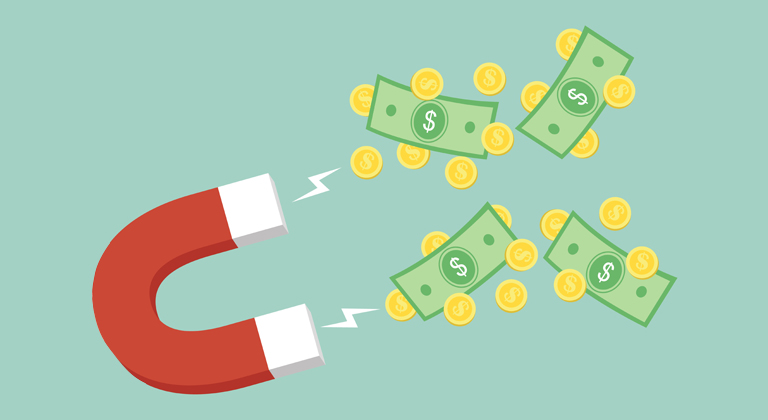

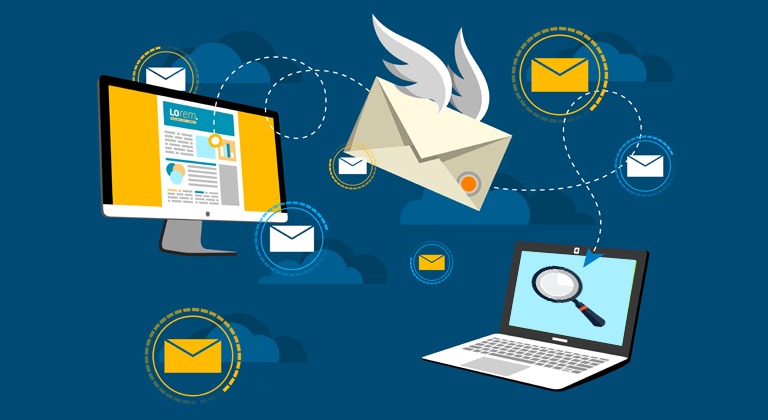
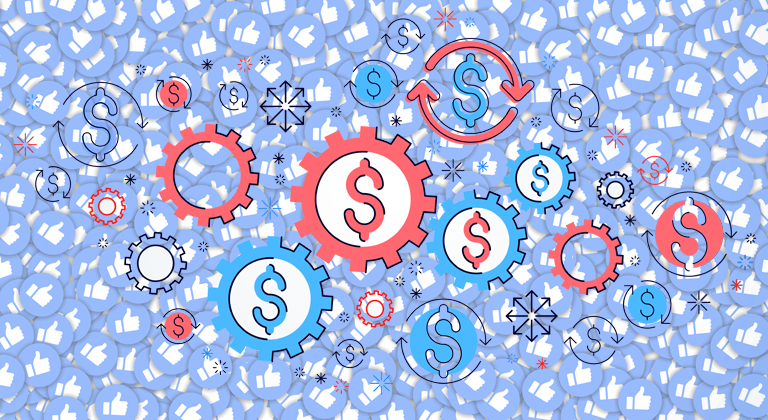

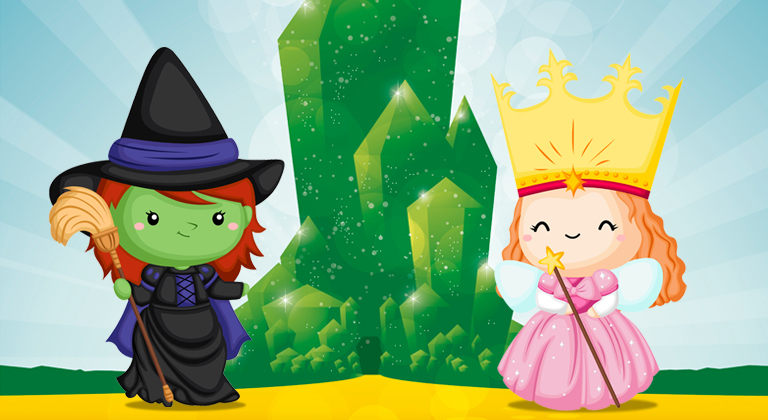
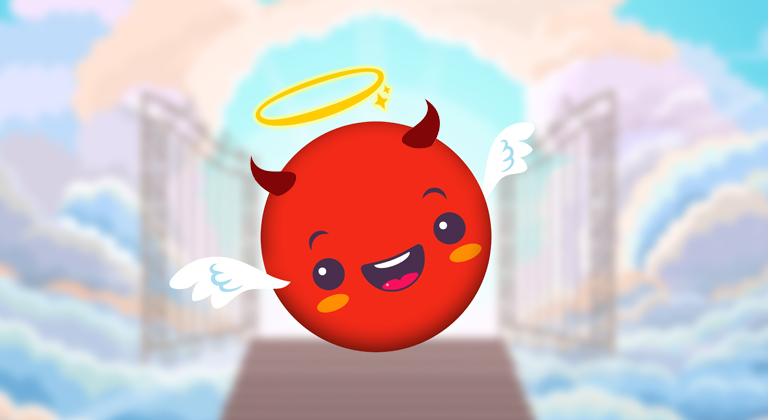
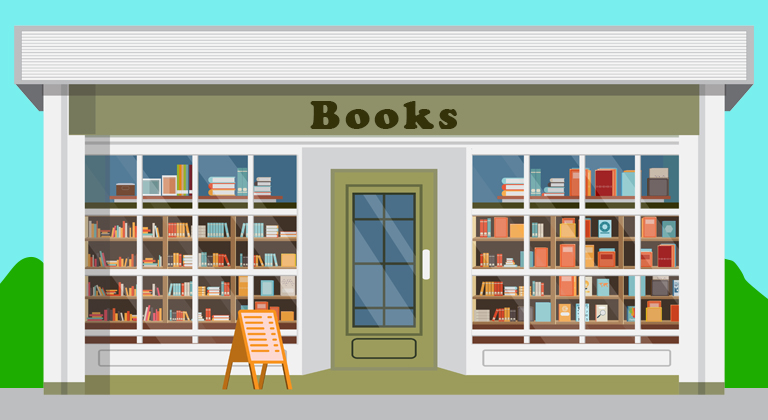
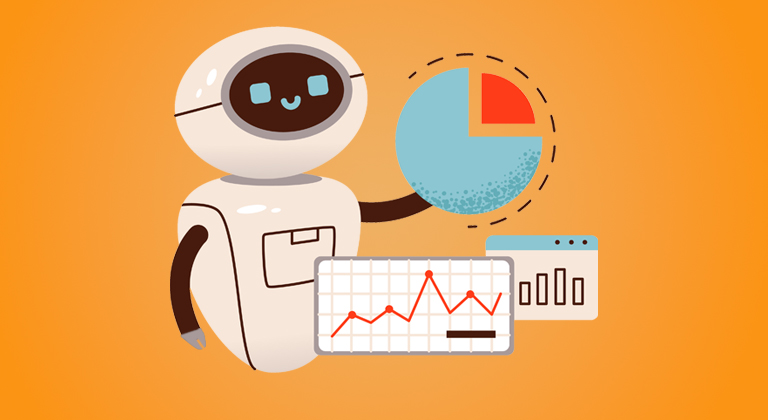
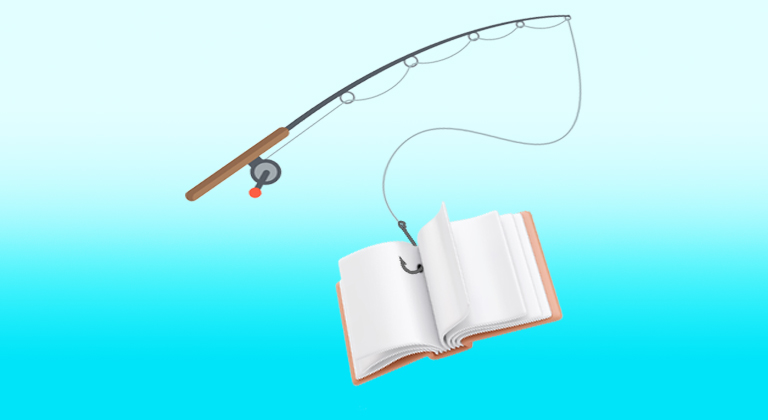
At the end of the day, it’s always better to go wide and place your books in the Apple Books store along with Amazon. But something that also needs to be discussed is the issue of Google Play Books having no channel to pay authors for ebook sales in certain countries, such as my own, South Africa. I engaged with them on this, and they just nonchalantly shrugged it off. They demand you have an account with a bank abroad if you wish to get paid, no option for things like Payoneer or PayPal (which I use for IngramSpark). Very thankful that Kobo offers a relatively easy way to reach Android users.
“a company specifically created to offer a better deal on book prices bloated by traditional publishers”
This description of Amazon is so outrageously false, it boggles the mind. A bare minimum of research on Amazon’s history and strategy will tell you that the company was initially selling books at a LOSS to build market share at the expense of physical retailers — so it could later sell higher-priced, more profitable items to those same customers. It had zero to do with existing book prices, which by the way, were NOT bloated for print books — the ONLY kind of books Amazon sold when founded. In fact, traditional publishers were well known to lose money on most of their books, making it up on their bestsellers.
Meanwhile, Amazon’s squeezing of traditional publishers — by requiring larger discounts and kickbacks in the form of marketing fees — has made it much harder for those publishers to afford to keep publishing midlist authors — the ones that lost money for them — or to pay them as much as previously. For that reason, the average earnings of traditionally published authors have plummeted. So, if you’re going to call out companies for hurting authors, at least get the right ones!
Apple, 30%. Wow. What’s Amazon taking? I’m a little guy with little chance of ever making a living at this. I must continue based on the adage of doing it for the love of it. The major players are so big that all of this is completely out of my hands, like the sun’s going to come up in the morning, and there’s nothing I can do about it. I must accept and move on. I’ll now go back to the love of it. Ha!